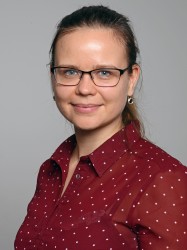BibTex format
@article{Price:2023:10.1099/mgen.0.000947,
author = {Price, V and Ngwira, LG and Lewis, JM and Baker, KS and Peacock, SJ and Jauneikaite, E and Feasey, N},
doi = {10.1099/mgen.0.000947},
journal = {Microbial Genomics},
title = {A systematic review of economic evaluations of whole genome sequencing for the surveillance of bacterial pathogens},
url = {http://dx.doi.org/10.1099/mgen.0.000947},
volume = {9},
year = {2023}
}

